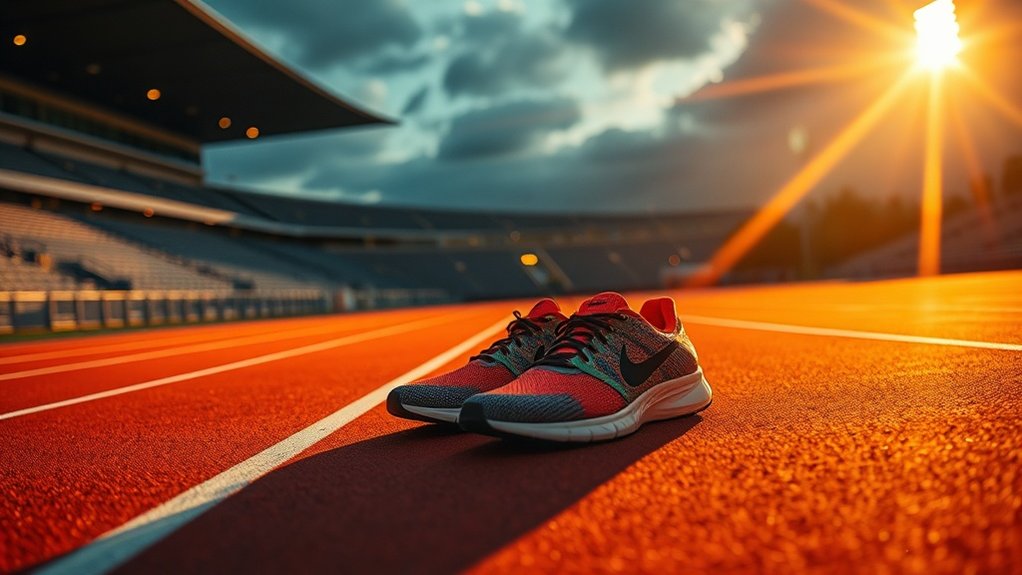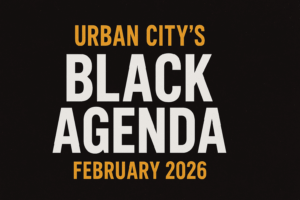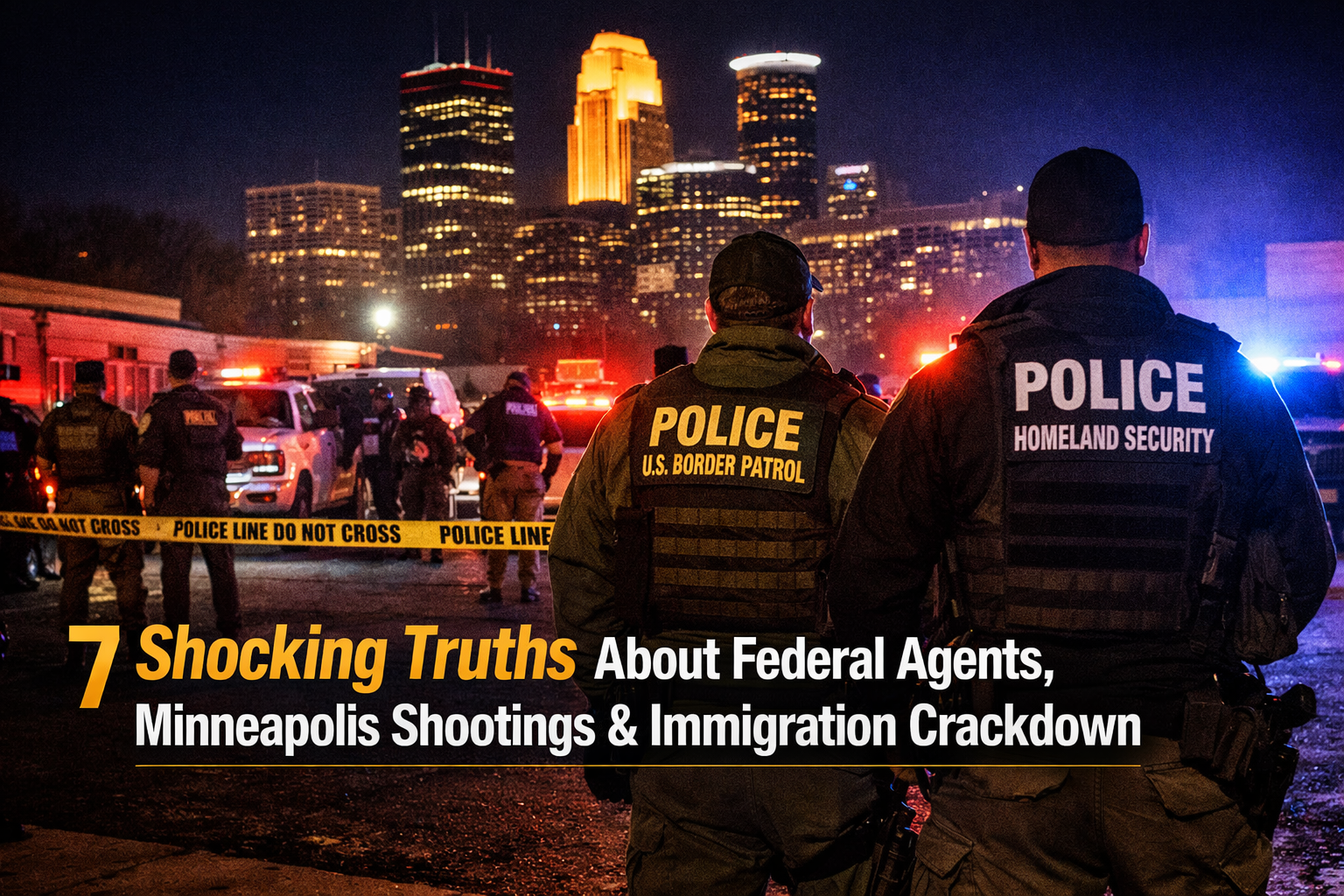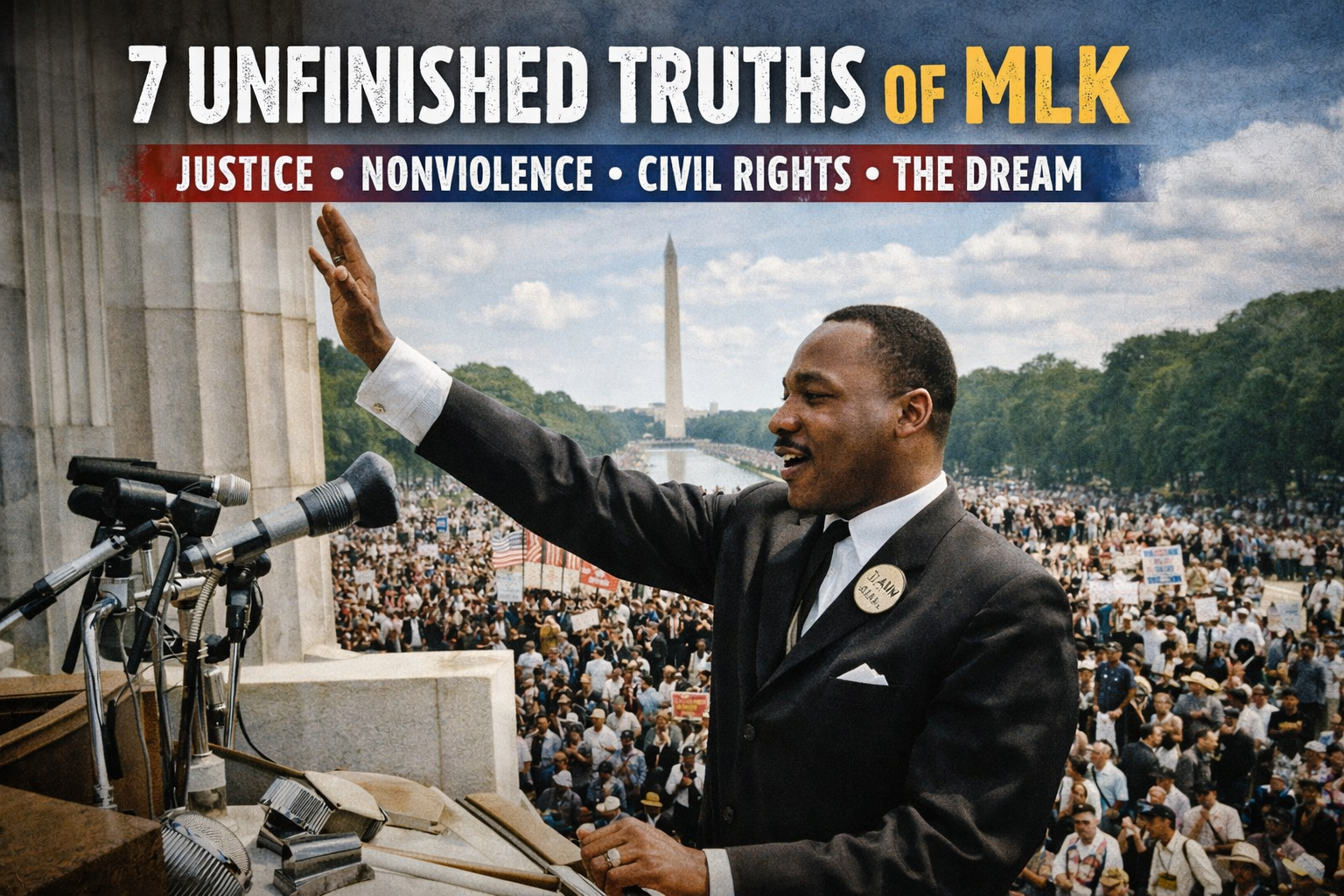Key Takeaways:
- Athlete activism in 2025 has become an integral part of sports culture, influencing issues such as racial justice, mental health, and the environment.
- Athletes have transitioned from being mere icons to influential advocates, utilizing social media and community initiatives to effect change.
- Sports leagues have embraced activism, integrating social justice into their brand identity, while fans actively support causes, fostering unity.
The Rise of Athlete Advocacy in Sports
In 2025, athlete activism has solidified its role in sports culture, sparking change across racial justice, mental health, and environmental issues. You see athletes transform from icons to powerful advocates, igniting conversations and actions through social media and community programs.
Leagues now adopt this activism, making social justice part of their brand.
Fans engage passionately, backing causes and invoking unity. How do these shifts empower communities and drive the future of sports and society?
Examples of Athlete-Led Movements
In 2025, athlete activism is more vibrant and impactful than ever, and you’re in for some inspiring stories.
Picture NFL stars like Odell Beckham Jr. and Patrick Mahomes leading the “Stronger Together” campaign. They’ve put out a compelling video against racism and police brutality, lighting up social media and the NFL scene. This activism trend is not limited to American athletes; it has roots in historical movements, such as those led by Jackie Robinson, who pioneered civil rights advocacy in sports.
German hockey players are sporting rainbow armbands during games, standing for LGBTQ+ rights with symbolic gestures that speak volumes.
Over in the Olympics, a Costa Rican gymnast isn’t just flipping and twirling—she’s weaving a Black Lives Matter message into her routines.
Women athletes aren’t staying silent either. They’re pushing for gender equity, drawing strength from Title IX’s legacy.
These athlete-led movements courageously bridge sports with social change.
Social Issues Driving Change
Athlete-led movements have been powerful symbols of social change, and now, they’re tackling issues that really hit home.
You’re witnessing athletes push for racial justice, vocal about police violence, and systemic racism. Over 90% of student-athletes engage in conversations on race, with Black athletes leading the charge.
You see mental health taking the spotlight, fueled by athletes who’ve faced pressure. They’re advocating for resources and open dialogue to overcome stigma. Voting is a powerful tool for shaping community futures, and athletes highlight the importance of voter engagement to ensure that voices are heard in the democratic process.
Gender equity and LGBTQ+ rights also burn brightly on the activism front. Influencers call for fair policies and support for diverse athletes.
Environmental sustainability isn’t left behind. Athletes endorse green initiatives, championing eco-friendly practices in sports and beyond.
Their voices fuel change across communities, uniting us for a better future. In addressing voter suppression, community engagement becomes crucial to dismantling barriers that affect Black and Brown voices in the electoral process.
League Responses
When you look at how leagues have started responding to athlete activism, you’re witnessing significant shifts in policies and attitudes.
Major leagues like the NBA now adopt social justice messages on uniforms as official league policies. The NFL, once criticized for its silence, now launches diversity initiatives.
But remember, these changes often follow athlete pressure rather than proactive moves. Leagues also face the tough task of balancing sponsorship dynamics with activism, ensuring commercial interests don’t overshadow genuine support. Efforts to debunk myths surrounding immigration demonstrate how challenging misconceptions can lead to positive changes in other areas like athlete activism as well.
You’ve seen the NFL engage with the Players Coalition to push systemic reforms and education while relaxing strict protest rules.
Strategic programs like “More Than a Vote” show commitment to civic engagement, empowering athletes to lead impactful changes, harmonizing individual voices with broader league support.
How Fans React
You might be curious about how fans are reacting to athlete activism these days. Well, the terrain is diverse and intriguing. Fan engagement is considerably shaped by political influence and demographic factors.
Most fans—especially young and Black communities—embrace activism for gender equality and LGBTQ+ rights. WNBA fans, importantly, show 77% backing for stances on police shootings.
Social media platforms like Twitter remain hubs for lively discussions. Athletes with large followings, such as LeBron James, amplify support for social causes.
Yet, don’t overlook the opposition; some fans prefer sports to remain apolitical, often voicing dissent online.
As you engage with these conversations, understanding these dynamics empowers community growth and encourages much-needed dialogue on pressing social issues.
Assessment
In 2025, you’re seeing athletes turn mighty stadiums into platforms for change. Picture bold messages woven into jerseys. Social media beams with stories that spark action.
Leagues stand by, echoing the call for a just world. As a fan, you feel the ripple, dancing through communities. It inspires discussions at kitchen tables and town halls alike.
This isn’t just sports—it’s a movement. It’s inviting you to join the rally for equality, unity, and brighter tomorrows.














